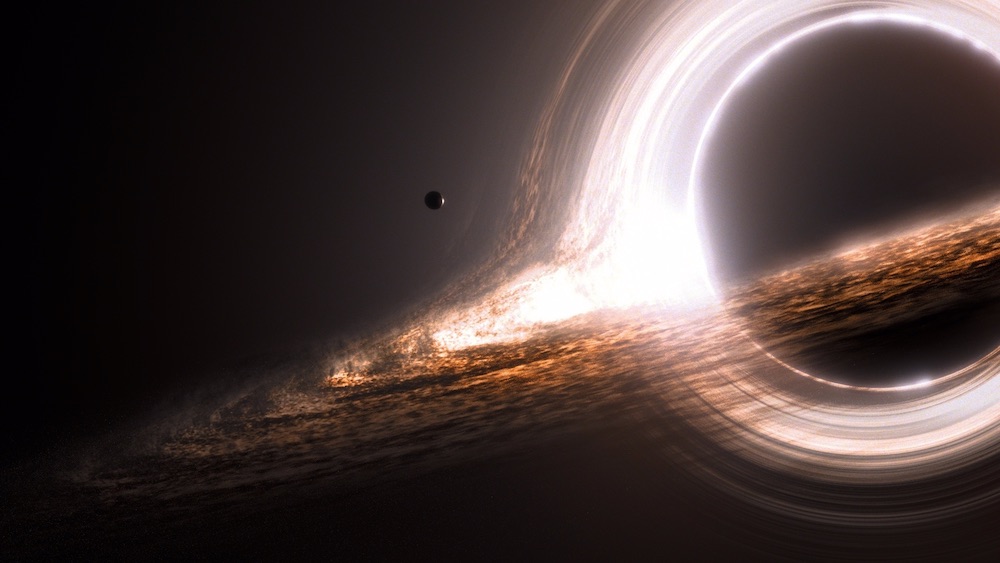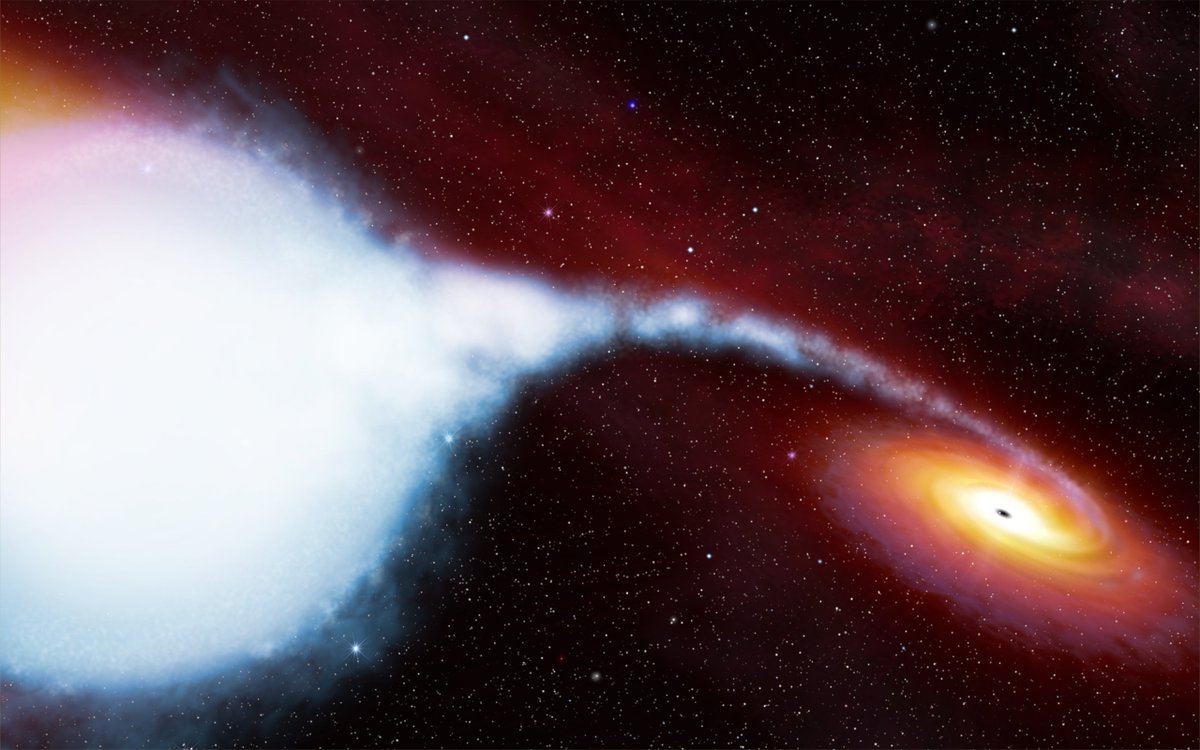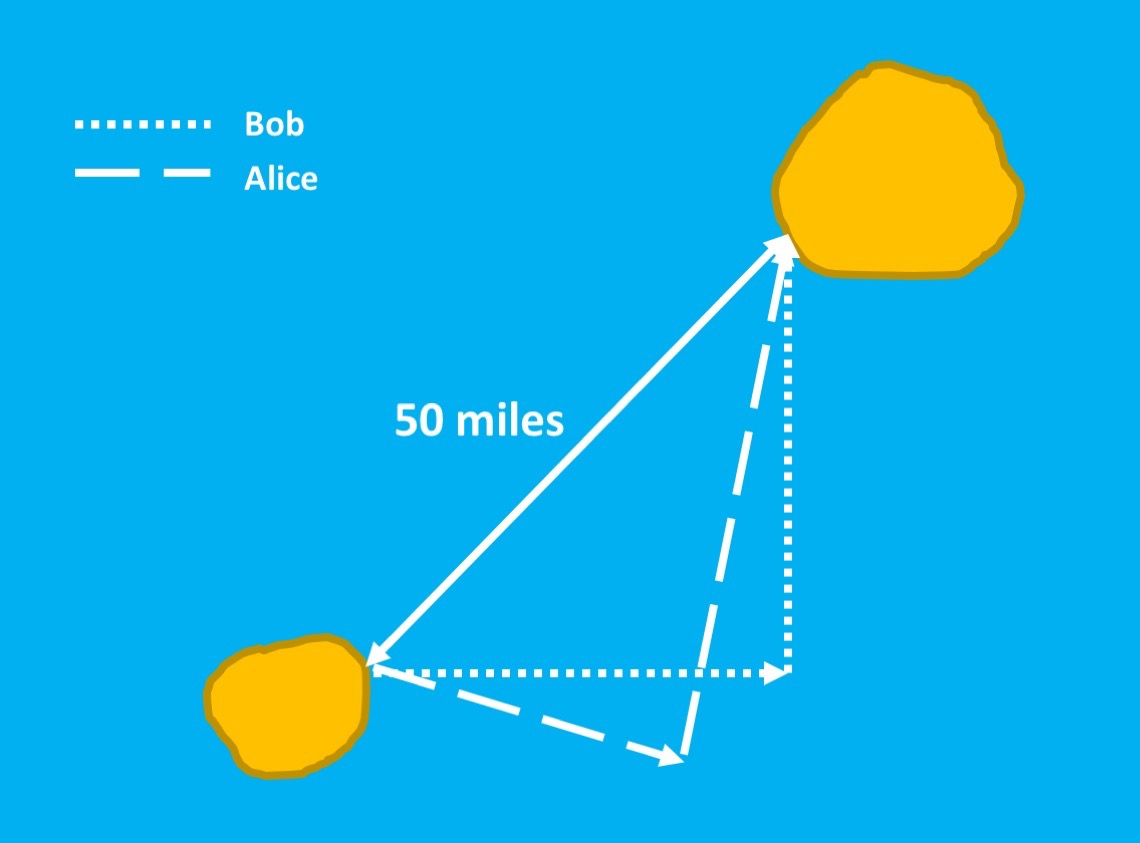
PhD astrophysicist, Christian, cancer survivor, weightlifter, lifelong Trekkie. Writing an astronomy-themed devotional, available December 2026.
8 subscribers
How to get URL link on X (Twitter) App




 As physicist Eugene Wigner points out, there's no reason this must be. He wrote a paper called "The Unreasonable Effectiveness of Mathematics in the Natural Sciences," and I urge you all to read it.
As physicist Eugene Wigner points out, there's no reason this must be. He wrote a paper called "The Unreasonable Effectiveness of Mathematics in the Natural Sciences," and I urge you all to read it.https://twitter.com/ThinkingAtheist/status/1608946250665103360Did you ever wonder why Exodus 20:3 says, "You shall have no other gods before me" and not "There are no other gods"?


https://twitter.com/JoeOnisick/status/1485649242915893248Sociologist Elaine Ecklund talks about this in her book, "Science vs. Religion."

https://twitter.com/sarahsalviander/status/1466085951139192842No Bronze Age person could've possibly known that these events would eventually prove to be resistant to a form of investigation that wouldn't exist for thousands of years.


 If #1 is true, then God, as the creator and the ultimate force behind the universe, can suspend the laws at will to achieve an outcome. This doesn't contradict the laws of nature. The laws of nature have nothing to say about the supernatural or its intervention w/ the natural.
If #1 is true, then God, as the creator and the ultimate force behind the universe, can suspend the laws at will to achieve an outcome. This doesn't contradict the laws of nature. The laws of nature have nothing to say about the supernatural or its intervention w/ the natural.
https://twitter.com/Prof_Yakob/status/1344315601326632960We can't look to man for an *objective* philosophy of science, because no one can even agree on what defines the limits of science. The problem is, we have as many different worldviews as we do people, because we're perpetually hamstrung by four basic human limitations.

 But this need leads to an attitude that is a significant part of atheistic thinking and has caused science a lot of trouble: "If I can't see it or touch it, it doesn't exist, and I don't have to think about it."
But this need leads to an attitude that is a significant part of atheistic thinking and has caused science a lot of trouble: "If I can't see it or touch it, it doesn't exist, and I don't have to think about it." 


https://twitter.com/KissMyHitchens/status/1313469183208943617
 Here are some of the scientifically-verifiable claims made by Genesis:
Here are some of the scientifically-verifiable claims made by Genesis: